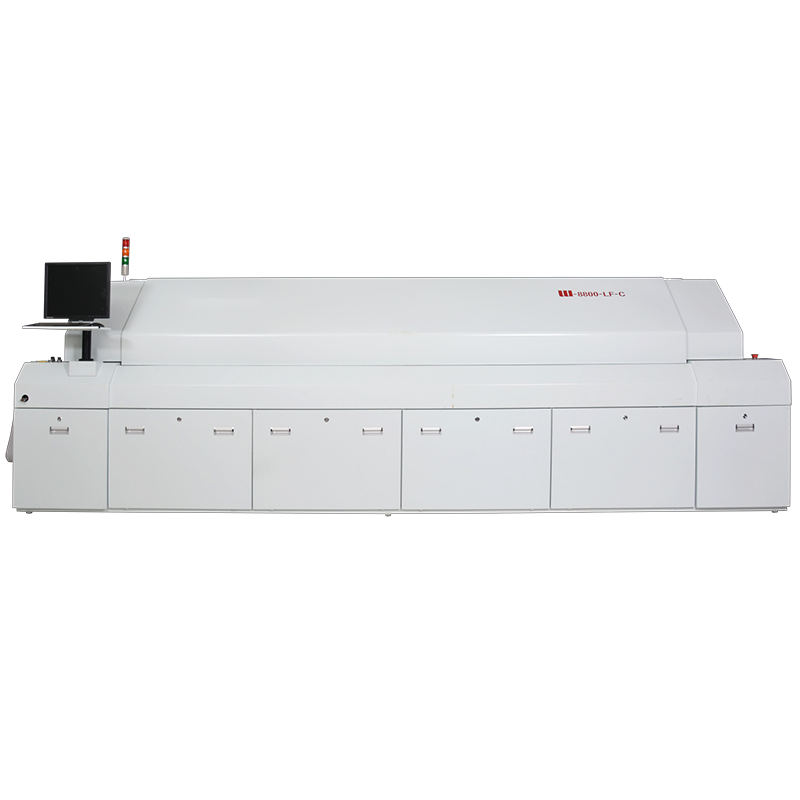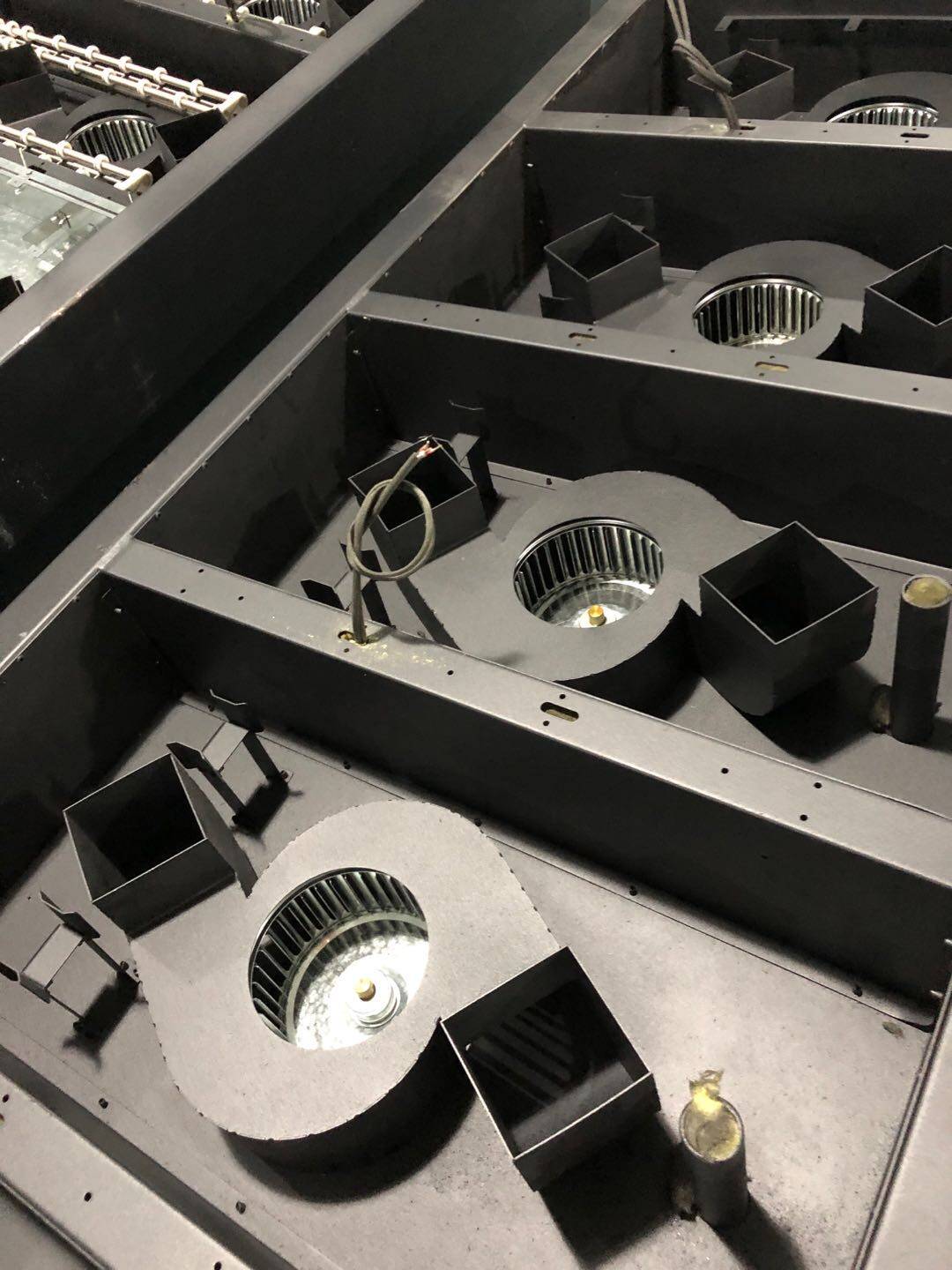Email format error
Email cannot be empty
Email already exists
6-20 characters(letters plus numbers only)
The password is inconsistent
Email format error
Email cannot be empty
Email does not exist
6-20 characters(letters plus numbers only)
The password is inconsistent


Wholesale Lead-Free Reflow Oven
In the ever-evolving field of electronics manufacturing, the demand for lead-free reflow ovens has surged due to the increasing importance of environmental safety and product reliability. This article aims to explore the significance of wholesale lead-free reflow ovens and highlight their benefits for manufacturers. By the end, you will have a comprehensive understanding of how these ovens contribute to the overall production process, ensuring both quality and compliance.
1. The Importance of Lead-Free Reflow Ovens:
1.1 What is a Reflow Oven?
Reflow ovens play a vital role in surface mount technology (SMT) assembly processes, where they facilitate the soldering of electronic components onto printed circuit boards (PCBs). These ovens use controlled heating to melt solder paste, establishing secure and reliable connections between components and PCBs.
1.2 The Environmental Impact of Lead:
Traditional soldering processes often involved lead-based solder, which posed severe health and environmental risks due to its toxicity. Therefore, to safeguard both human health and the planet, strict regulations have been imposed, prompting the need for lead-free alternatives.
2. Wholesale Lead-Free Reflow Ovens - Meeting Industry Requirements:
2.1 Compliance with International Standards:
Wholesale lead-free reflow ovens comply with global regulations, such as the Restriction of Hazardous Substances (RoHS) directive, ensuring the elimination of hazardous substances, including lead, from the manufacturing process. This compliance enables manufacturers to meet the stringent requirements imposed by various countries and markets worldwide.
2.2 Enhanced Reliability and Product Quality:
By utilizing lead-free soldering, these ovens provide improved reliability and product quality. Lead-free solder alloys offer comparable or even better electrical and thermal conductivity properties, ensuring the longevity and performance of electronic devices. Moreover, lead-free soldering contributes to reduced product failures due to solder joint cracking, enhancing the overall reliability of the assembled PCBs.
3. Efficiency and Performance of Lead-Free Reflow Ovens:
3.1 Precise Temperature Control:
Wholesale lead-free reflow ovens incorporate advanced temperature control systems, allowing manufacturers to achieve precise temperature profiles during the soldering process. This precision helps eliminate thermal stress on delicate components, enabling them to function optimally while preventing damage.
3.2 Rapid Heating and Cooling Cycles:
These ovens utilize efficient heating and cooling mechanisms, enabling rapid temperature transitions during the reflow process. By minimizing the dwell time, manufacturers can achieve higher throughput rates, resulting in increased productivity and reduced production costs.
4. The Role of Wholesale Lead-Free Reflow Ovens in Electronics Manufacturing:
4.1 Increased Automation and Process Control:
Wholesale lead-free reflow ovens are frequently integrated with automated systems, allowing for seamless connectivity with the entire production line. This integration enhances process control, minimizing the chances of human error and contributing to consistent quality and reliability across production batches.
4.2 Adaptability and Versatility:
These ovens accommodate various PCB sizes and shapes, offering manufacturers flexibility in their production processes. Furthermore, their customizable temperature profiles enable the soldering of different components with precision, regardless of varying thermal requirements.

Wholesale Lead-free Reflow Ovens are Worthwhile
Wholesale lead-free reflow ovens have become paramount in the electronics manufacturing industry, ensuring compliance with environmental regulations, enhancing product reliability, and improving production efficiency. By investing in these ovens, manufacturers can confidently deliver high-quality, environmentally friendly electronic products, gaining a competitive edge in the market. Embracing lead-free soldering is not only an ethical choice but also a strategic decision that supports a sustainable and responsible future for the electronics industry.

